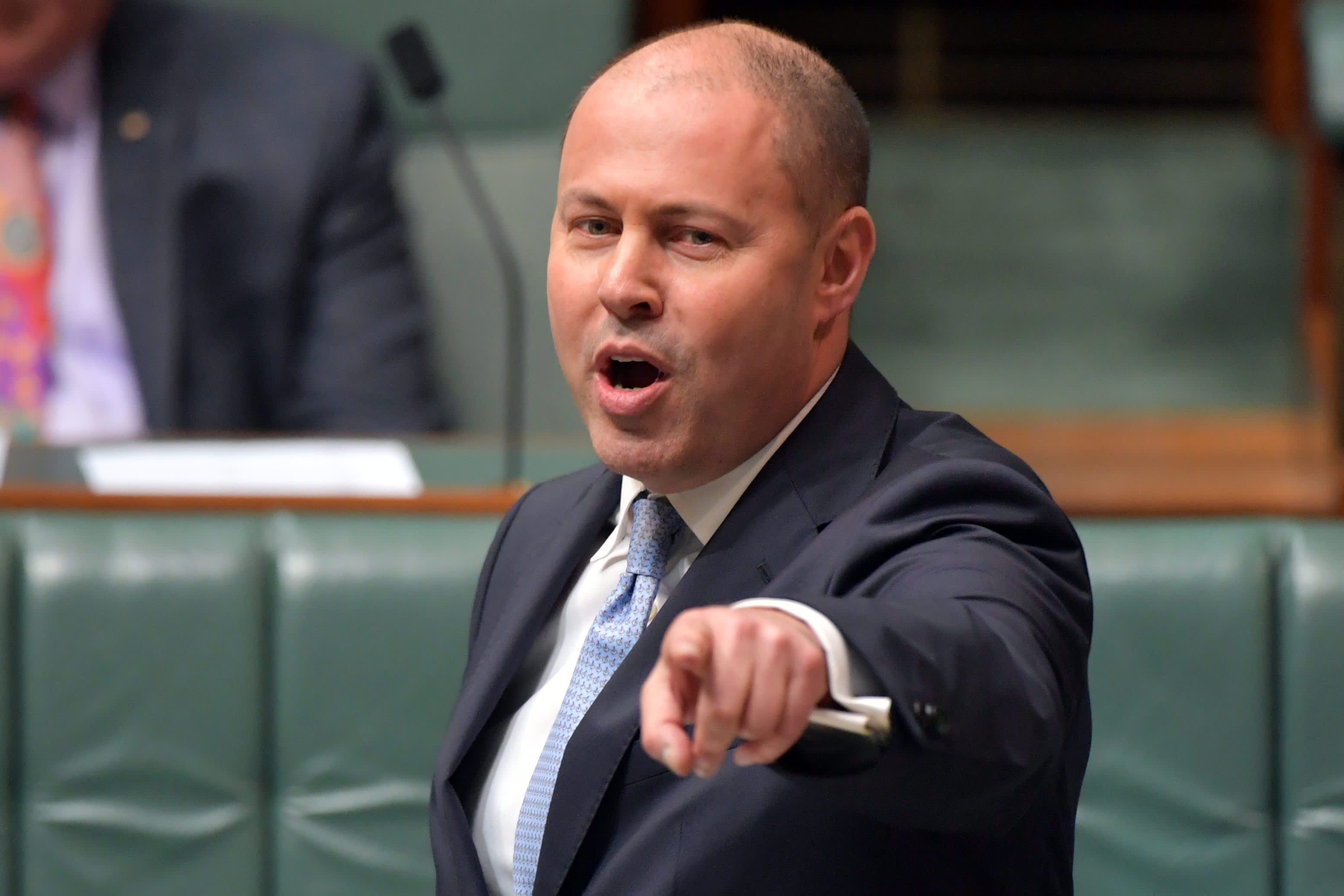
Australia’s strong labor market rebound signals the economy is rapidly recovering as the country lifts coronavirus restrictions, Treasurer Josh Frydenberg said Friday.
The country added a record 366,100 jobs in November, eclipsing market forecasts for a 200,000 rebound, data from the Australian Bureau of Statistics showed Thursday.
“Yesterday’s job numbers is better than what the Treasury was expecting, what the Reserve Bank had been forecasting,” Frydenberg told CNBC’s “Squawk Box Asia,” adding the labor market has been “very strong in its comeback.”
The jobless rate dropped to 4.6%, from 5.2% in October, well under forecasts of 5.0%.
Frydenberg underscored the recovery has been broad-based with jobs added across a range of sectors.
“You’re seeing a million jobs in manufacturing. We’ve seen hospitals reopen and accommodation services reopen. We’ve seen health and other professional services being in high demand. And of course, we have a very strong construction and mining sector as well as agriculture, ” Frydenberg pointed out.
“It’s a broad-based recovery. It is something that we’ll continue to work hard to keep,” he added.
On Thursday, Reserve Bank of Australia Governor Philip Lowe said the labor market was expected to tighten further over the next couple of years. He also said the RBA’s “central scenario” is for the jobless rate to reach 4.25% by the end of 2022 and 4% by the end of 2023.
“If we could achieve this, these would be good outcomes – Australia has not experienced a sustained period of unemployment at levels this low since the early 1970s,” he said.
Covid risk for economic outlook
However, Lowe said the omicron outbreak does represent a “downside risk and it is difficult to know how things will develop from here.”
“But we do expect the positive momentum in the economy to be maintained through the summer, underpinned by the opening up of the economy,” he added.
The outbreak of the delta variant in late June forced some of Australia’s biggest cities, such as Sydney and Melbourne, to enter months-long lockdowns. But the restrictions have since been lifted following an increase in vaccinations.
Frydenberg also told CNBC keeping borders open to international travelers is key in sustaining the economic recovery.
“We did a two-weeks pause on skilled migrants and also international students coming back due to the omicron variant,” he noted. “But early signs are the omicron variant while highly transmissible is less severe than previous variants.”
“So we’ve removed that pause and we’re now welcoming those international students and those skilled migrants back into our country and that’s a good thing,” Frydenberg said.
Source: CNBC
